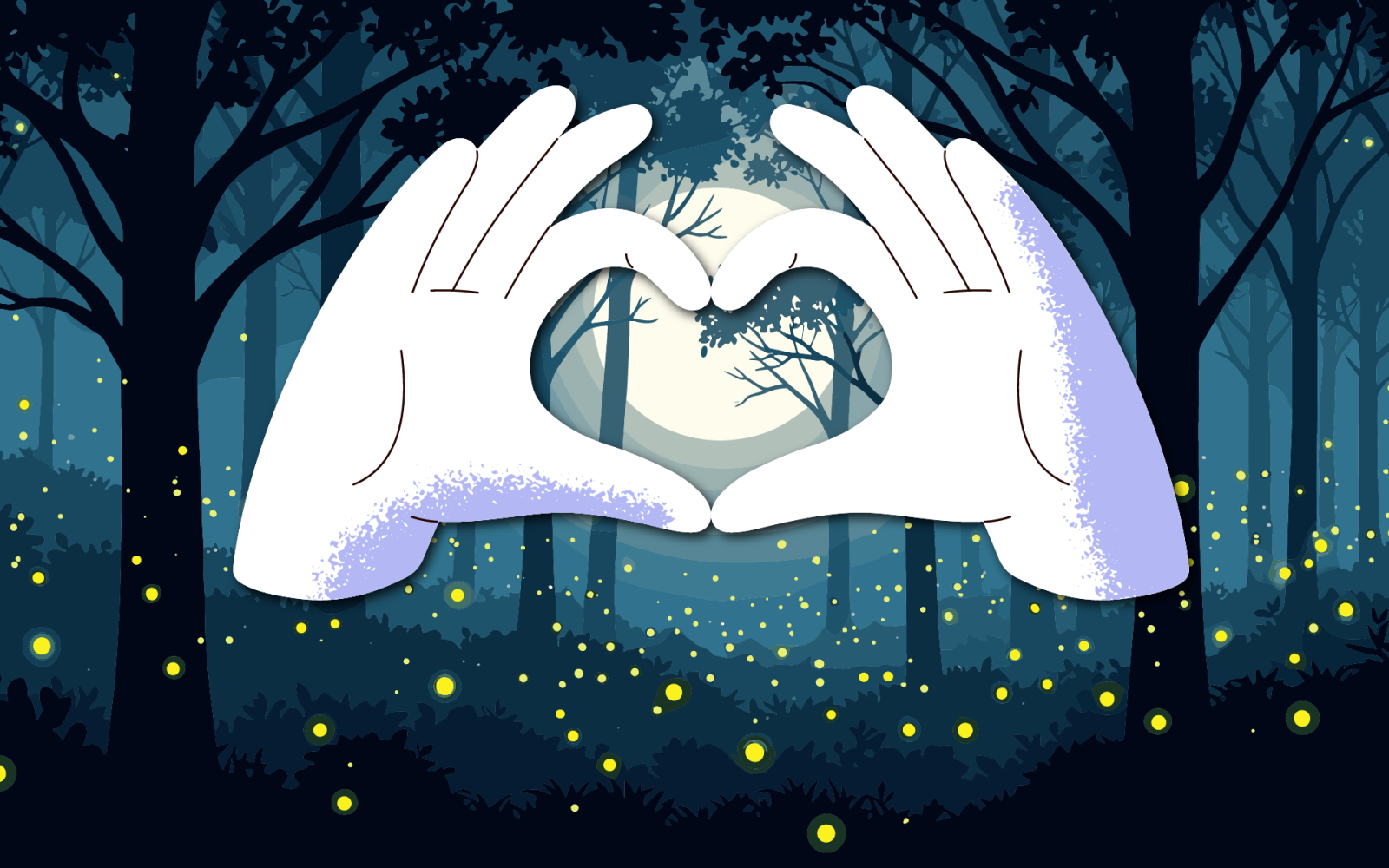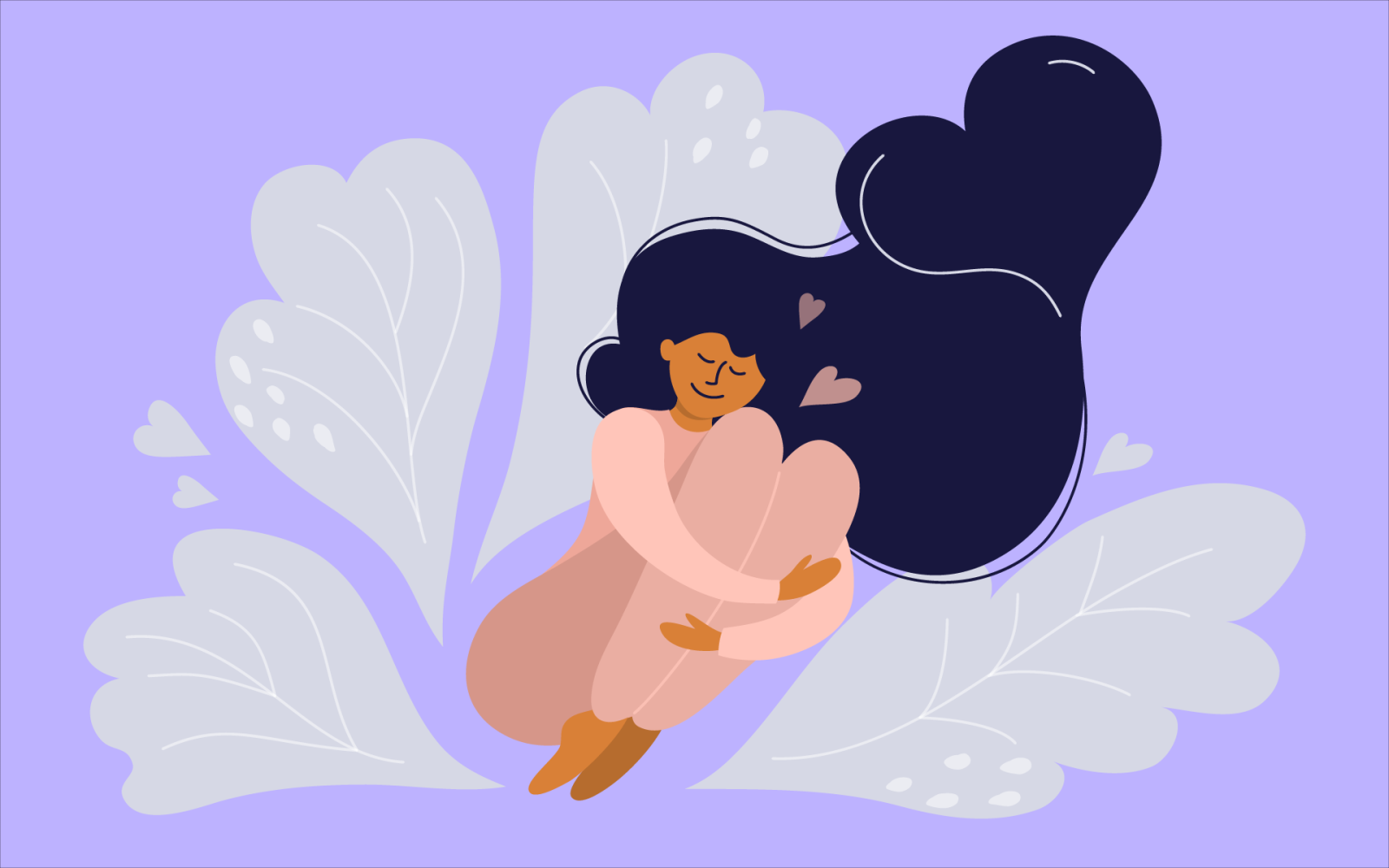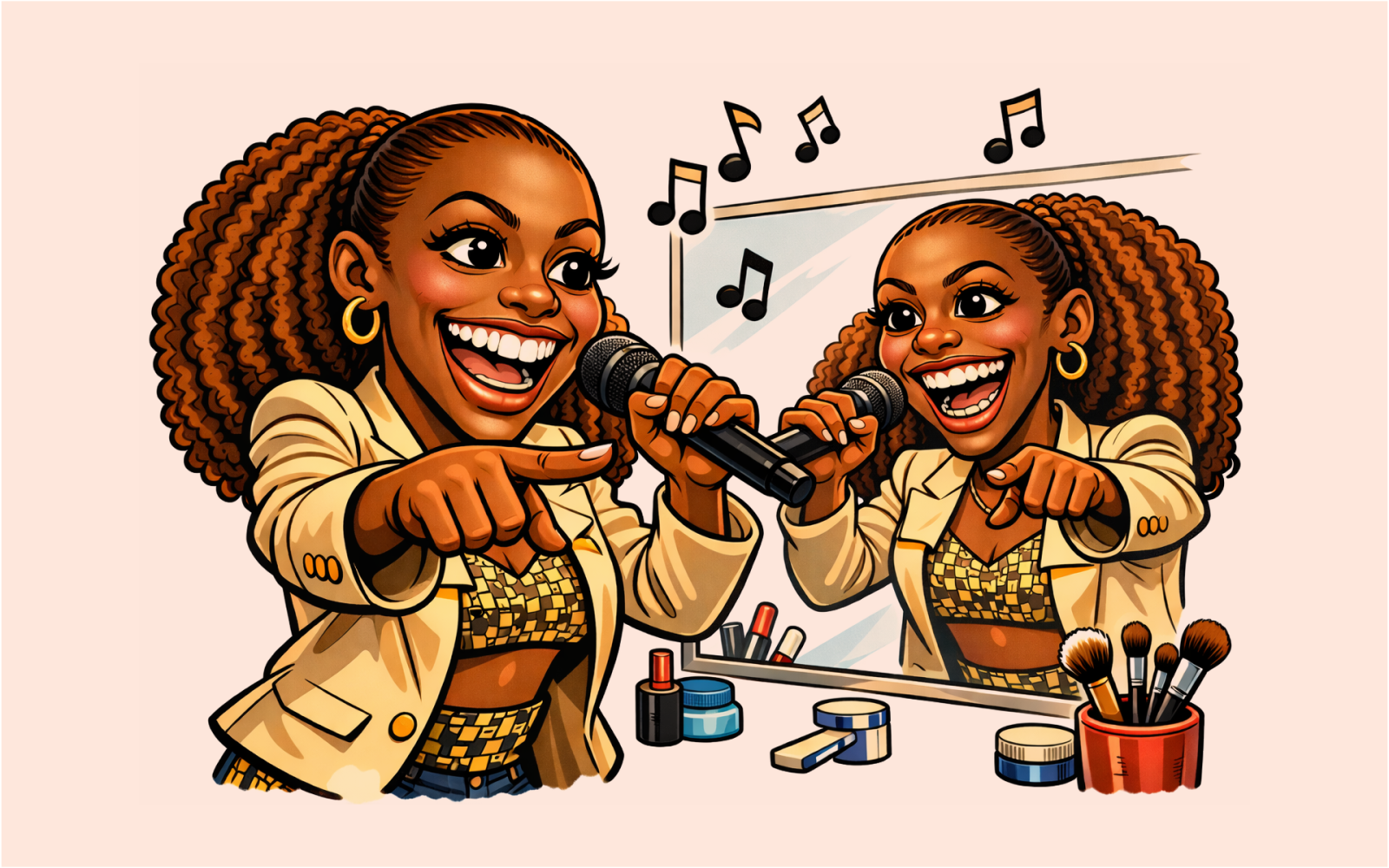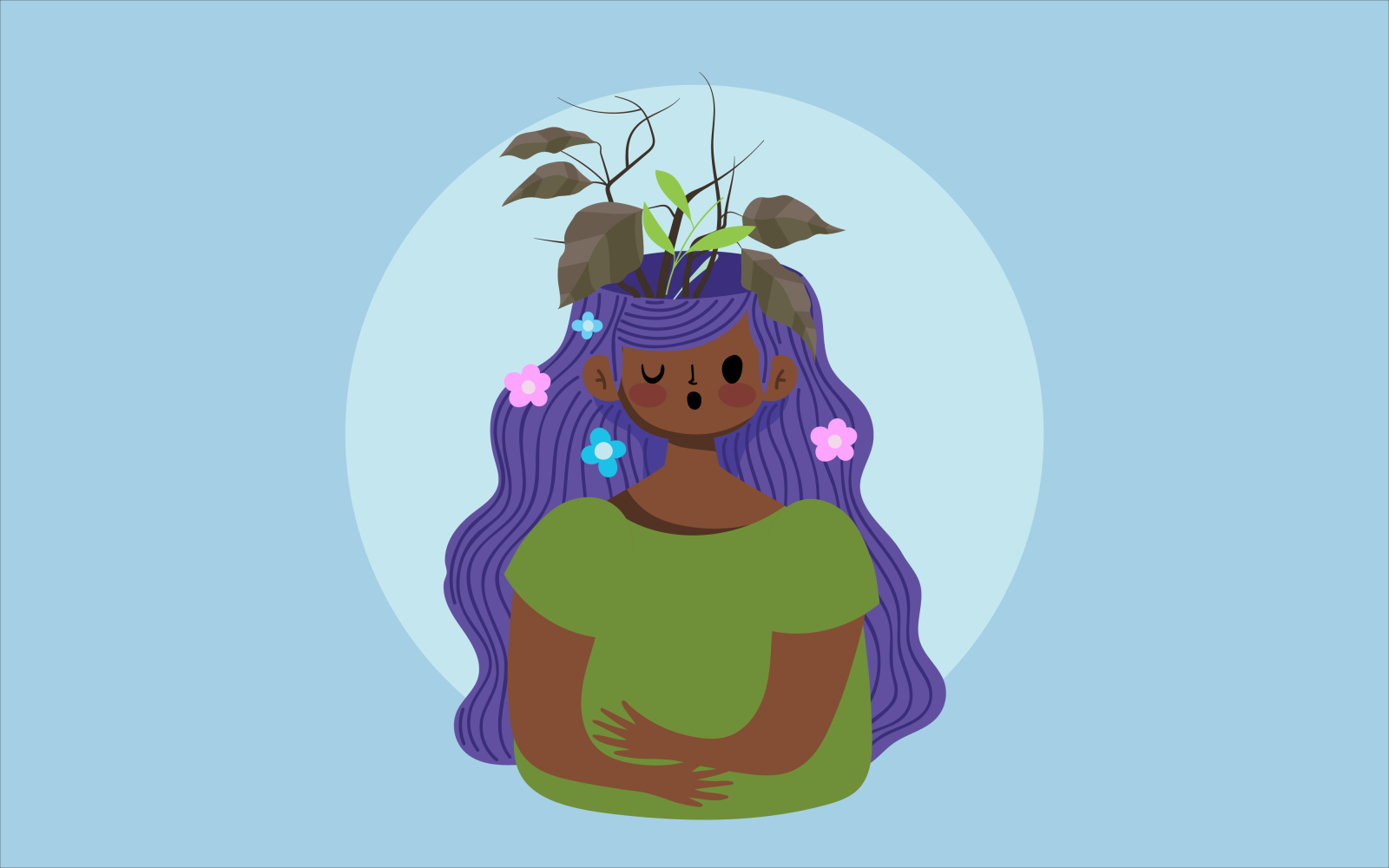When it comes to friendship, I’d rather be a tree than a squirrel

Being a stranger in a crowd has taught me the power of small, quiet spaces.
It was Halloween 2019 and I had agreed to go to a party with a new queer acquaintance.
I turned myself into a frozen zombie for the night and set off with my friend to a pre-drinks party.
The hostess offered us alcohol. I thanked her but declined, while my friend downed a shot. She then went to prepare her outfit in the bathroom. I took a seat in the overcrowded flat.
Another queer person sat down beside me. He noticed my empty hands. “Where’s your drink?”
“Oh, I’m not drinking,” I answered. His brows crinkled into a frown. “Why not?” “Medical reasons,” I said.
“Well, I’m on antibiotics. I shouldn’t drink, either.” He took a deep, pointed swallow of whatever was in his glass.
Then we know which one of us is the smart one, I wanted to say.
Afterwards, we headed to a bar. I smuggled in a flask under my jacket.
After braving the cigarette smoke, quaking music, and nebulous faces for 15 minutes, I retreated to a corner on the porch.
I took out my flask and sipped on my drink of choice: Rooibos tea, black and sugarless. I stared at the stars above to ground myself.
The next day, I had a horrendous headache. The brief sensory hell had blown my nervous system.
But at least I’d endured enough to solidify a fledgling queer friendship. So I was victorious.
There are three facts about me which provide a bit more context to this night. One: I’m a gay woman. Not much to add there, really. I’m usually only made aware of my gayness when people want me to be straight.
Two: I have an autoimmune disease. The medications have caused other health issues, such as bouts of gastritis. So I don’t drink.
Three: I’m autistic. I was diagnosed in 2023, after two mental health professionals suggested I get screened. I capitulated, thinking that maybe I’m just a little bit autistic, and that’s okay.
Fast forward several sessions and hundreds of questions later, and the psychologist said I scored higher than any other adult she had screened. So much for being a little bit autistic.
Searching for community in my undergrad was difficult because I did not drink. I could not be in the places where many friendships were forged at university.
I worked hard to overcome this. I joined societies and signed up for short courses. I had study groups and game nights.
But everything felt distant, because I could not participate in what is a fundamental part of queer culture and history – alcohol.
I have only been to a bar four times in my life. I have never been to a club.
Plenty of people who drink or who are neurotypical dismiss my experiences. Many able-bodied people don’t understand why I must show my body such gentleness.
Meanwhile, neurotypical people don’t understand why I shut down or have panic attacks at bars.
But my four years of profound loneliness were no illusion. Anyone who has experienced chronic loneliness will know that it extends beyond the forlorn moments of being a stranger in a crowd.
It is social starvation, leaving you feeling hollow and sick. It is as physical as it is mental.
In postgrad, I did a PGDip and then a Masters in Sustainable Development. I didn’t know that healthy community building would be such an important element of my postgraduate studies.
It makes sense now that I understand sustainability as not a technical process, but a socioecological system. If we want a healthy planet, we need healthy communities.
Through my studies, I found people who wanted the type of community I did: small, quiet, and reflective. I learnt how to apply this to my queer friendships.
I organise spaces for reflection. These spaces do not come with the need to participate in physically, socially, or sensorily demanding activities.
These are the spaces I could never reach because of my autism and health problems. So I made them myself.
A psychologist I saw years ago compared my role in friend groups to that of an oak tree. Only now do I understand what she meant.
I was never meant to be a bird or squirrel, flitting from space to space. I was meant to be the reliable space for visitors to gather, and feel safe.




